Hydrocodone is an opioid based prescription drug obtained from codeine which is located within the Opium poppy plant and tends to be used to alleviate moderate to severe pain. (10a)
Therefore as a prescription only drug, its use must be supervised carefully by medical practitioners to ensure that people do not become addicted to it.
It has commonly been known under the brand name Vicodin, however there has been a new Hydrocodone based drug released within the last 10 years called Zohydro.
This contains more Hydrocodone than Vicodin, which was actually a combination of Hydrocodone and Acetaminophen, which is a form of Paracetamol. (10a)
Zohydro is an extended release medication which means its effects will last longer for longer than the shorter acting Vicodin.
Hydrocodone addiction occurs when it’s used too frequently, for too long, or when its use isn’t overseen by a professional.
Hydrocodone effects

Like all opioid drugs which have been used for medicinal purposes for thousands of years Hydrocodone produces a morphine like effect when consumed.
Hydrocodone is characterised by possessing fast acting, pain relieving qualities and tends to be a very short acting drug and can start to take effect within half an hour of consumption.
It is also capable of facilitating sleep and preventing coughs and diarrhoea. (1,11)
But the real reason why it is particularly vulnerable to being misused is because like most opioid prescription drugs it generates a sense of euphoria and pleasure when taken.
It can therefore drastically improve a person’s mood and emotional state and alter their conscious experience.
At OK Rehab, we offer free advice from a team of non-judgemental professionals, many of whom are in recovery and understand how hard it can be to change your relationship with addiction.
To find out more about Hydrocodone addiction, simply reach out to our 24/7, confidential hotline on 0800 326 5559.
High addiction potential
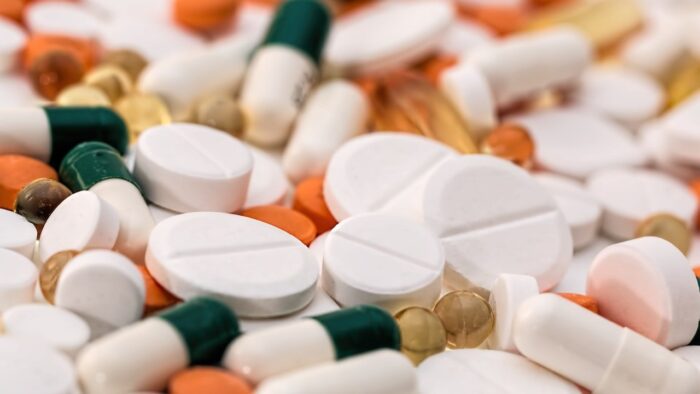
Hydrocodone has a short half life of about 5 hours which means it takes effect reasonably quickly but these effects can wear off quickly as the body is able to get rid of the drug efficiently
This can make it highly addictive, as people may find they have to take it more often to help relieve them of the severe pain they are experiencing.
The more effective a drug is at achieving its prescribed aim, the more addictive it is likely to be.
As Hydrocodone is a faster acting drug, taking it often or for a long period of time can result in a Hydrocodone addiction.
How is Hydrocodone administered?
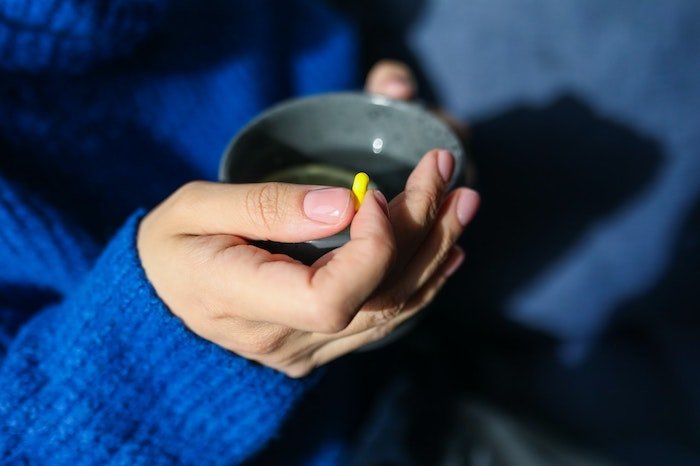
Hydrocodone is taken in tablet form. It can be also be delivered intravenously and takes effect much faster if administered this way.
If taken orally, the drug takes a little longer to act, as it needs to pass through the gastrointestinal tract and then be absorbed in the bloodstream before reaching the brain. (1)
Some people have been know to ingest Hydrocodone intra-nasally as this also produces a faster-acting effect.
Because people take Hydrocodone to alleviate pain, it needs to be a fairly fast acting drug.
However, this makes it more vulnerable to being abused, as people will use this knowledge to take it for its pleasure-seeking qualities.
At OK Rehab, we offer free advice from a team of non-judgemental professionals, many of whom are in recovery and understand how hard it can be to change your relationship with addiction.
To find out more about Hydrocodone addiction, simply reach out to our 24/7, confidential hotline on 0800 326 5559.
Hydrocodone addiction and the brain

As soon as Hydrocodone is taken the chemicals within it attach to opioid receptors throughout the body, these are various types of proteins found in the brain, the gut, the spinal chord and other organs as well.
Hydrocodone is an MU opioid receptor agonist, which means it chemical contents attach more firmly to these receptors which produce a more intense feeling.
When someone takes Hydrocodone for the first time, the opioid receptors in the brain and throughout the human body are experiencing something new and so are highly responsive to it.
However over time these receptors lose their initial sensitivity as they get use to the drug, so it therefore requires more of the drug to produce the initial effect that the drug had on these receptors.
This is because as soon as the body consumes a drug the brain starts a process of facilitating its adaptation to the drug which tends to minimise the effects of this drug over time.
The body’s natural response to any drug intake is to eliminate it as quickly as possible and lessen its effect. (1,7,9)
Tolerance

As a person takes more Hydrocodone their body starts to build up a tolerance to it, which is another factor that can result in Hydrocodone addiction.
This means that it will become necessary to take more of the drug to generate the same effect that the person experienced when they first started taking the drug as their brain and body have adapted to taking it.
As physical dependence develops, it will become apparent that if a regular user of Hydrocodone ceases taking the drug for a period of time then they will develop withdrawal symptoms which will only disappear when the person continues taking Hydrocodone.
As the brain adapts to the presence of Hydrocodone, the brain begins to operate as it usually does when the drug is taken.
However, when a person stops taking the drug and the amount of it decreases from the human body, it starts to behave erratically as it has become use to functioning with Hydrocodone in the system. (1,7,9)
At OK Rehab, we offer free advice from a team of non-judgemental professionals, many of whom are in recovery and understand how hard it can be to change your relationship with addiction.
To find out more about Hydrocodone addiction, simply reach out to our 24/7, confidential hotline on 0800 326 5559.
Hydrocodone withdrawal symptoms
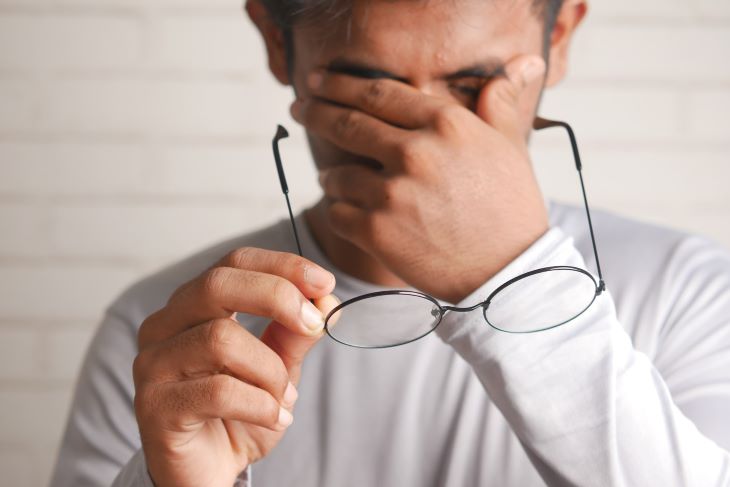
If a person was regularly taking the Hydrocodone every 4 hours to relieve pain then they stopped taking it they would soon start to experience withdrawal symptoms some time after this.
Withdrawal symptoms appear because the body had got accustomed to Hydrocodone in the body and when the drug starts to leave the body the opioid receptors in the body have to readjust to the loss of the drug and therefore the body experiences withdrawal symptoms.
(3,4)
People who develop a dependence on Hydrocodone will tend to experience the following withdrawal symptoms if they stop taking the drug after a period of time:
- Agitation
- Anxiety
- Insomnia
- Muscle aches
- Runny nose
- Sweating
- Yawning
If this is not treated after a period of time then extra withdrawal symptoms may appear such as abdominal cramping, diarrhoea, dilation of pupils, goose bumps, nausea, vomiting. (6,10a)
Hydrocodone addiction – reward centres
One of the powerful effects of Hydrocodone based medication such as Vicodin is that it it produces a feeling of euphoria when taken.
This feeling of euphoria is a result of a dopamine release in the reward pathway in the brain. This is another reason this drug can result in Hydrocodone addiction.
This reward pathway is easily activated by most drugs of dependence and is a key reason to help understand why Hydrocodone is so addictive.
The pleasure someone obtains when the reward pathway is triggered strongly reinforces the likelihood that they will be motivated to take the drug again in the future.
Taking Hydrocodone leads to the release of dopamine in the brain which is released via the reward pathway. Dopamine is at the heart of understanding the process of addiction.
It is a monoamine neurotransmitter that interacts with various brain structures associated with emotion, cognition and behaviour so its presence is important in determining our mood.
Dopamine therefore facilitates the process of generating a pleasurable experience for people i.e a state of euphoria.
Dopamine is naturally present in our brains as we can feel pleasure without the need for drugs.
However, drugs like Hydrocodone have chemical properties that are able to imitate the workings of neurotransmitters like dopamine and attach to opioid receptors in our brain to produce these pleasurable effects for us.
The dopamine release obtained by taking Hydrocodone provides feelings of euphoria that are significantly more powerful (approximately 100 times more) than any naturally occurring levels of dopamine in the body could ever produce. (9,11)
Positive and negative reinforcement

One reason why Hydrocodone is so addictive is because of the psychological effect it has on us.
It positively reinforces the likelihood that people will take it again as it produces pleasurable states of mind and feelings of euphoria which motivates the person to consume the drug again.
Consumption of the drug is also negatively reinforced as taking the drug means people will avoid the negative feelings that they experience when the withdrawal symptoms start to appear after they have stopped taking the drug. (9)
Hydrocodone addiction – loss of control
People who display a compulsive and prolonged tendency to self administer Hydrocodone, and are unable to exercise any form of control over their consumption of the drug, are more than likely in the process of becoming addicted to Hydrocodone. (7).
At OK Rehab, we offer free advice from a team of non-judgemental professionals, many of whom are in recovery and understand how hard it can be to change your relationship with addiction.
To find out more about Hydrocodone addiction, simply reach out to our 24/7, confidential hotline on 0800 326 5559.
Opioid use disorder (OUD)

The fifth version of the Diagnostic and Statistical Manual which is renowned and respected as a guiding authority on psychiatric conditions.
It recognises the highly addictive characteristics of opioid drugs like Hydrocodone by allocating it to a category of it’s own named Opioid Abuse Disorder. (7)
At OK Rehab, we offer free advice from a team of non-judgemental professionals, many of whom are in recovery and understand how hard it can be to change your relationship with addiction.
To find out more about Hydrocodone addiction, simply reach out to our 24/7, confidential hotline on 0800 326 5559.
Indications that someone is addicted to Hydrocodone

There are several signs to indicate that someone may be addicted to Hydrocodone. These include:
- Building up a tolerance to the drug and requiring higher does of the drug
- Experiencing withdrawal symptoms such as anxiety, depression, insomnia, irritability, diarrhoea and nausea
- Trying to stop several times and being unable to do so, despite the obvious physical and psychological harm
- Experiencing cravings so powerful that the drug starts to take over day to day experiences
- Spending a large proportion of time thinking about the drug and how to obtain it
This obsession with the drug can interfere with many aspects of their day to day life which they begin to neglect, such as work and social life family and friends and activities they previously found pleasurable.
Some people may take Hydrocodone to self-medicate if they are emotionally distressed.
It has been reported that the need to reduce anxiety appears to be a significant, contributory factor for developing an addiction to Hydrocodone (7,9)
Individuals struggling may be in denial about having a problem with the drug, and insist they can stop whenever they want to.
Other signs of addiction to Hydrocodone

When someone is developing an addiction to Hydrocodone the following signs may also be prevalent:
- They maybe feeling drowsy most of the time
- There are likely to be changes in their sleep patterns
- They may have experienced weight loss
- They may exhibit flu like systems almost all of the time
- There will possibly be a decrease in their libido
It will be evident that they demonstrate a lack of self care and there will be a decline in their personal hygiene
They may be stealing and have financial problems related to their substance misuse
They will be alienated from family and friends because all of their time and resources is directed towards the drug they have become dependent on. (5)
At OK Rehab, we offer free advice from a team of non-judgemental professionals, many of whom are in recovery and understand how hard it can be to change your relationship with addiction.
To find out more about Hydrocodone addiction, simply reach out to our 24/7, confidential hotline on 0800 326 5559.
Obtaining Hydrocodone

Healthcare providers appear to be the main source that abusers and misusers obtain the drug from.
People therefore that have been prescribed Hydrocodone to help them manage pain are particularly vulnerable to developing a physical dependence and addiction towards the drug if their use of the drug is not overseen expertly by medical practitioners. (1)
People prescribed Hydrocodone need to be wary of friends, family members and work colleagues who may turn to them to obtain the drug for their own purpose, whether it be for medicinal purposes or recreational use.
Some people will be looking to obtain its pleasure generating qualities to boost their mood and change their emotional state.
People working in the healthcare sector may have easy access to the drug and so are also at risk of misusing or abusing the drug to meet their own needs or they can be pressurised by friends and family members to obtain the drug for them.
Risk factors for Hydrocodone addiction
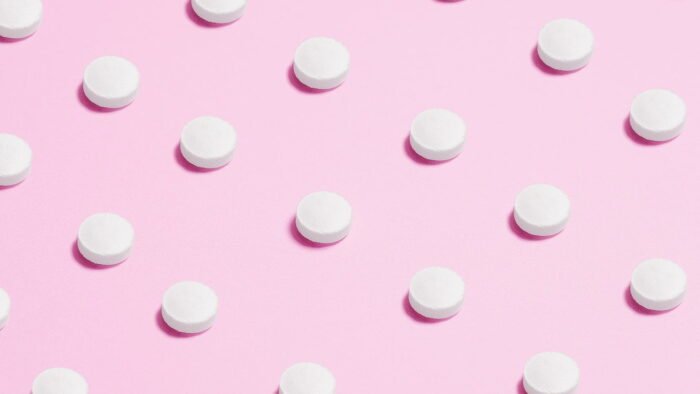
As well as those suffering from chronic pain, the following groups of people are vulnerable to developing an addiction to Hydrocodone:
- Those who misuse other substances – smokers are three times more likely to become addicted to opioids than non smokers
- Cannabis users and heavy consumers of alcohol
- Anyone who is anxious or depressed – as they may have a tendency to use the drug to self-medicate (7)
- Any individual diagnosed with a personality disorder – as sufferers may be inclined to experiment and seek new experiences to try and feel differently to their regular state of mind
- Anyone who has experienced trauma in their lives (Post Traumatic Stress Disorder) – any developmental disruption during the early years puts people at higher risk of using drugs like Hydrocodone to try and numbemotional pain. (7)
At OK Rehab, we offer free advice from a team of non-judgemental professionals, many of whom are in recovery and understand how hard it can be to change your relationship with addiction.
To find out more about Hydrocodone addiction, simply reach out to our 24/7, confidential hotline on 0800 326 5559.
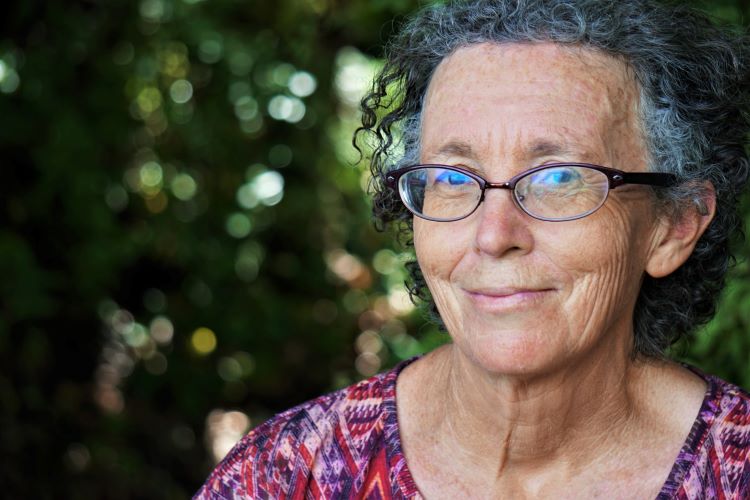
References
(1) Buttner, B, (2014) The Neuropathology of Drug Abuse in Madras, B. & Kuhar, M. (ed) The Effects of drug abuse on the human nervous system. Academic Press. London
(2) DrugAbuse.gov (2021) Prescription Opioids Drug Facts (online) @Prescription Opioids DrugFacts | National Institute on Drug Abuse (NIDA)
(3) Harvard Health Publishing (2013) Caution: These are the Most Addictive Pain Meds
addictive pain meds – Harvard Health
(4) Harvard Health Publishing (2019) Treating Opiate Addiction
Treating opiate addiction, Part I: Detoxification and maintenance – Harvard Health
(5) Hopkins University Medicine (2021) Opioid Addiction
available @ Treating Opioid Addiction (hopkinsmedicine.org)
(6) McBride, A. (2003) Some Drugs of Misuse in Peterson, T. & McBride, A. (ed) Working with Substance Misusers: A Guide to Theory and Practice London. Routledge.
(7) McNally, H. (2018) Opioid Dependence: A Clinical and Epidemiologic approach. Springer. USA
(8) Merrill, J. (2003) Medical Approaches and Prescribing: Drugs in Peterson, T. & McBride, A. (ed) Working with Substance Misusers: A Guide to Theory and Practice London. Routledge.
(9) Moss, A, Dyer, K (2010) The Psychology of Addictive Behaviour. Palgrave McMillan. New York
(10) National Institute for Health and Care Excellence (NICE) (2007) Drug Misuse in Over 16s: Opioid Detoxification
(10a) Newton, D.E. (2016) Prescription Drug Abuse. ABC-CLIO California
(11) Rassool, G.H. (2011) Understanding Addictive Behaviours. Palgrave MacMillan
(12) Wills, S. (2005) Drugs of Abuse. Pharmaceutical Press. London
(13) Yoon, R. (2014)Opioid Addiction In Herie, M. & Skinner, W. (ed) Fundamentals of Addiction: A Practical Guide for Counsellors. CAMH. Canada







